Fake news - is Facebook moving fast enough?
- Published
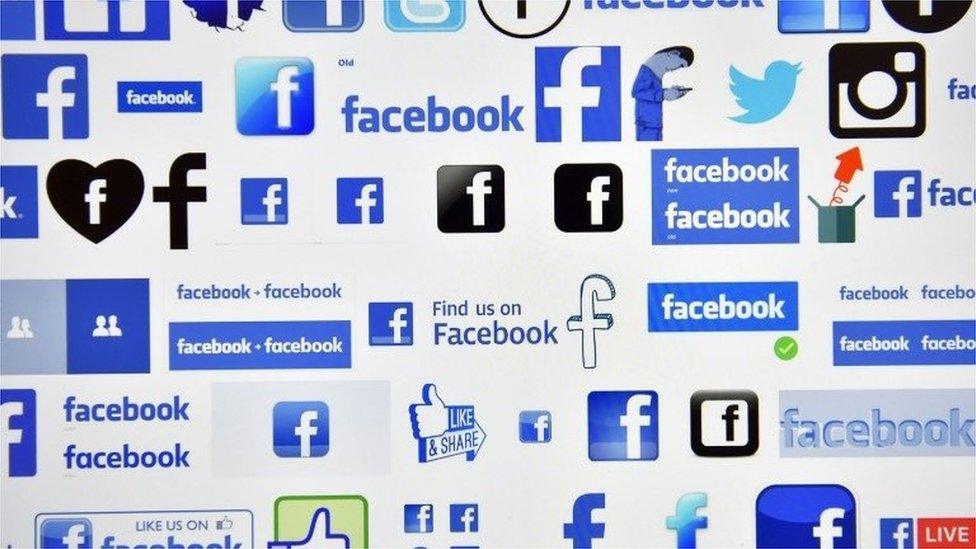
Facebook has dismissed claims that it helped spread fake news that swung the US election
Only days after Donald Trump won the US Presidential election, Mark Zuckerberg described the idea that fake news on Facebook had swung it for him as "crazy".
But ever since, the social network has been scrabbling to prove that it does take its role in spreading untruths across the internet seriously.
The announcement of an educational tool to help Facebook users spot what the social network calls "false news" is the latest in a series of initiatives.
As well as making it easier to report fake stories, the company has started working with fact-checking organisations to flag questionable items which may pop up in its news feed.
Now it is making a big fanfare about its 10-point guide to spotting fakery, educating users in examining URLs, investigating sources and checking the evidence.
The guide is in fact a useful primer on the basic principles of good journalism. If all the millions who will see it popping up in their feeds read and digest it, maybe it will have an effect.
But it will only be there for three days and one has to suspect that it will be read in the main by people who are already suitably sceptical about hoaxes and propaganda.
So I'm not convinced that this will be seen as a game changer in the battle to make Facebook a place you go to find the truth, rather than wallow in your friends' prejudices.
Call for action
What could be more effective is a German plan to combat hate speech and fake news that Facebook does not like one bit. Angela Merkel's government has just approved plans which could see social networks fined up to 50m euros (£43m) if they fail to remove illegal content within 24 hours.
With an election later this year - and some fake stories about refugees already popping up - this is a hot issue in Germany.
"There should be just as little tolerance for criminal rabble-rousing on social networks as on the street," said Justice Minister Heiko Maas.
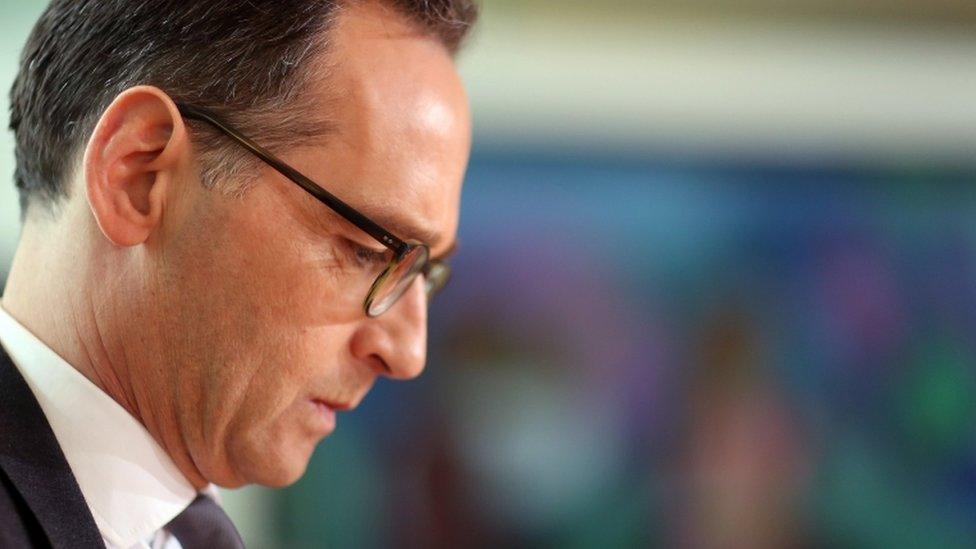
German Justice Minister Heiko Maas wants to punish social media sites that let hate speech linger
But Facebook's news feed boss Adam Mosseri described it as "somewhat concerning". He told me that the law would force private companies like Facebook to decide what was illegal in Germany - and that was a job better done by the courts.
Some in Germany share his concerns - consumer groups and journalists have warned that social networks could err on the side of caution, with a chilling effect on free speech.
Facebook believes the measures it has taken so far are already having an effect - Mr Mosseri says false news is less in evidence in the United States than it was during the election campaign and in mainland Europe there has not been any growth in the phenomenon.
That may not reassure politicians who fear that the social network's mysterious algorithms can still set off wildfires of anger when its news feed spreads dodgy stories from sources motivated by malice - or only money.
Having appeared rather too relaxed about this issue until last November, Facebook is now finding it hard to keep up with the demands for action - and an educational tool may just not cut it.
- Published5 April 2017
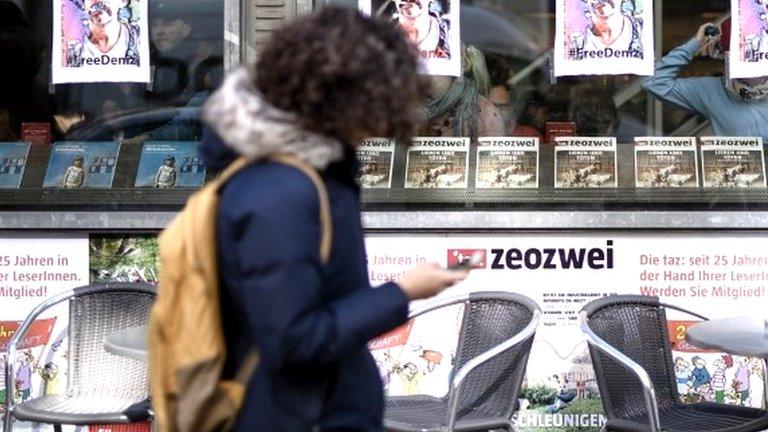
- Published12 March 2017
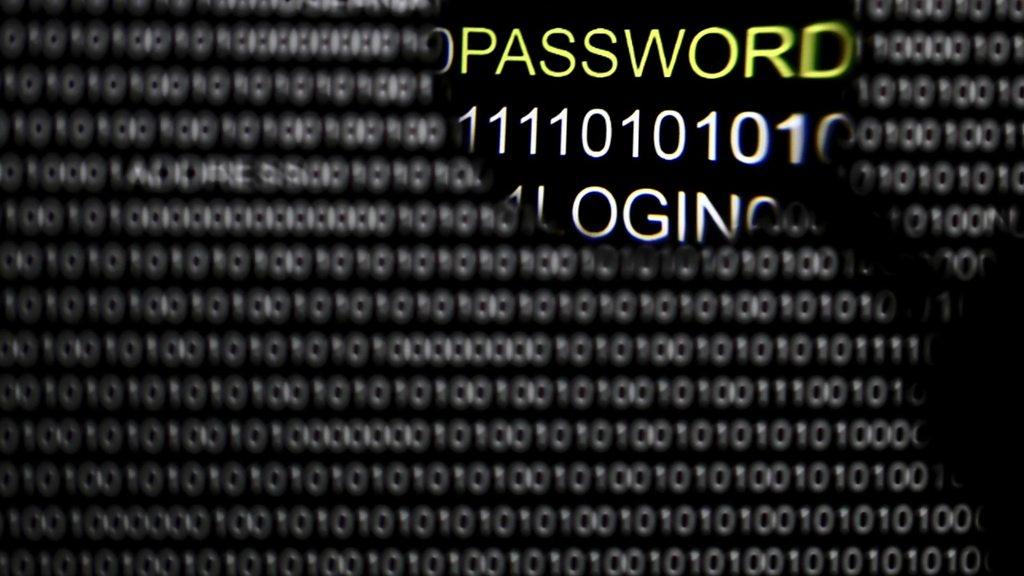
- Published14 March 2017
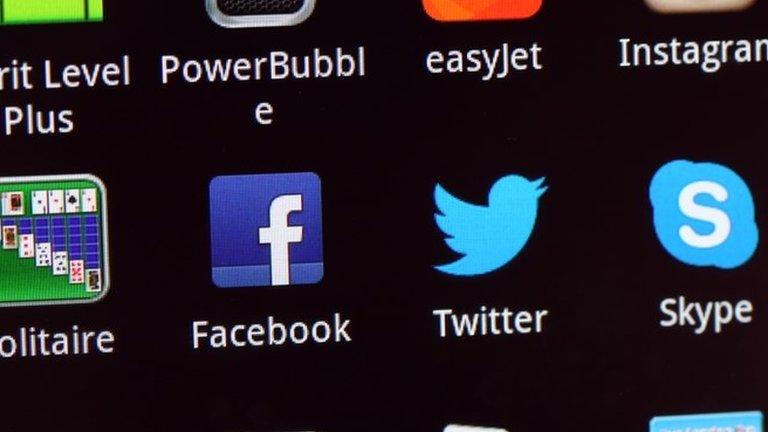
- Published4 April 2017